Unique Alternative Education: Meet Dalkum Art School
By Yousra Feriel Drioua || In a country where education is often defined by numbers, Dalkkum Art School in Seoul operates on a different premise. Founded in 2018 in Seoul’s … Read More


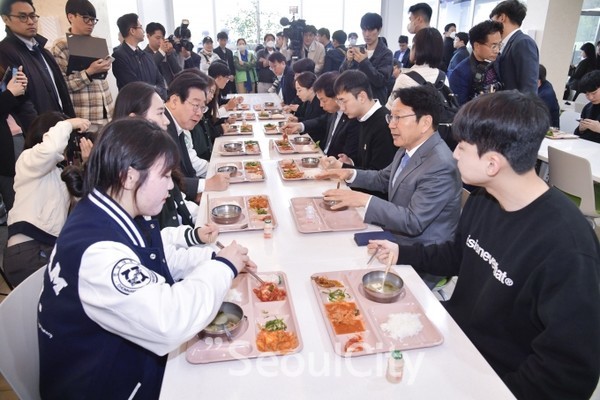
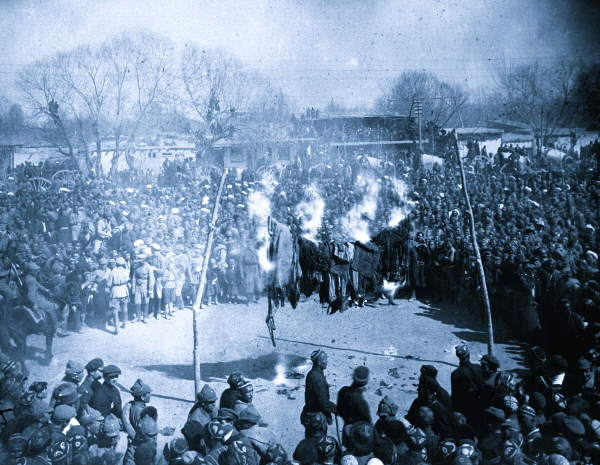
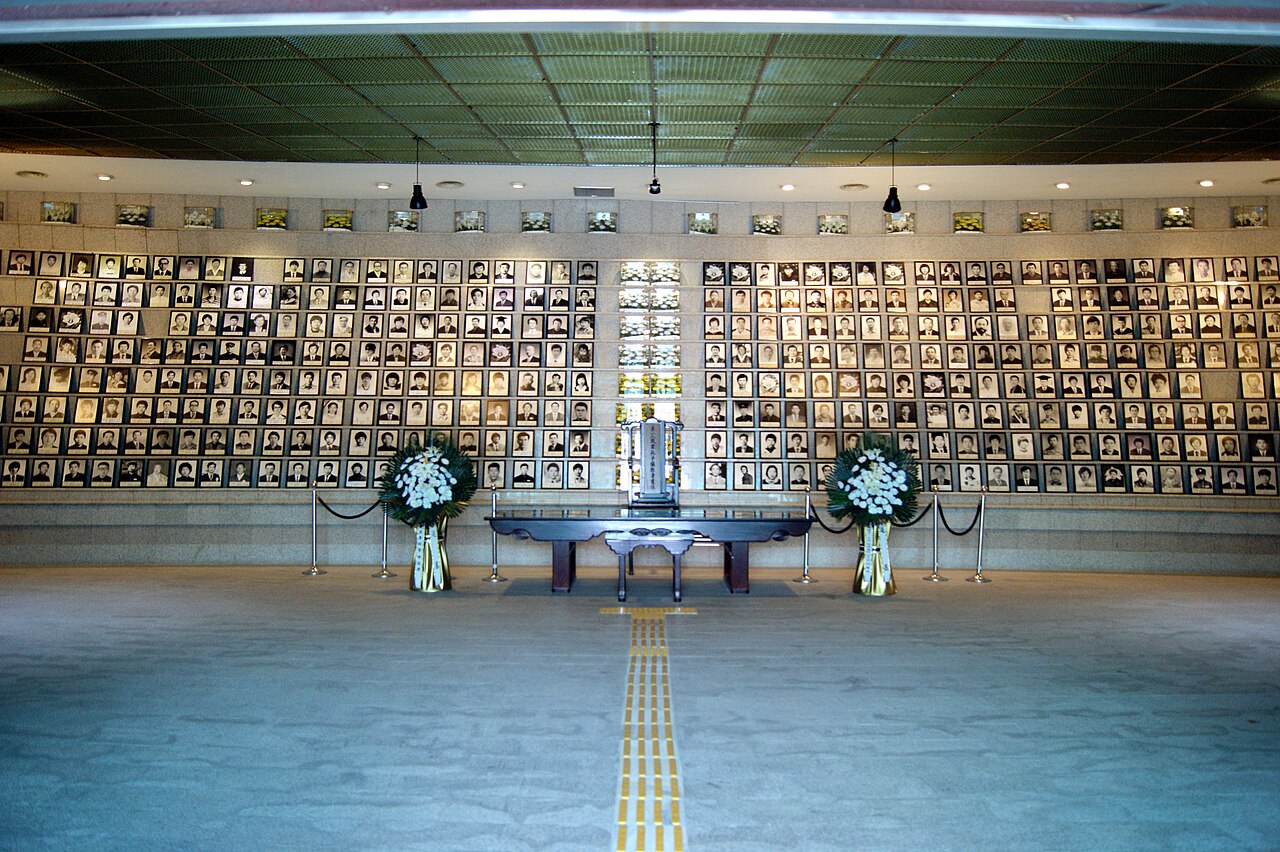
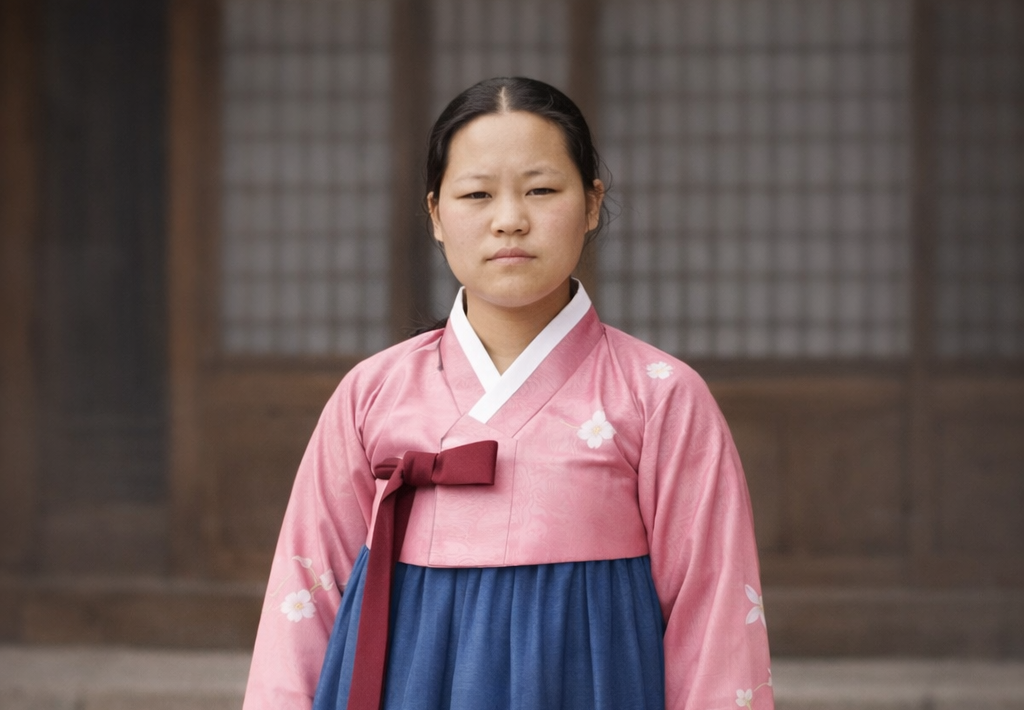
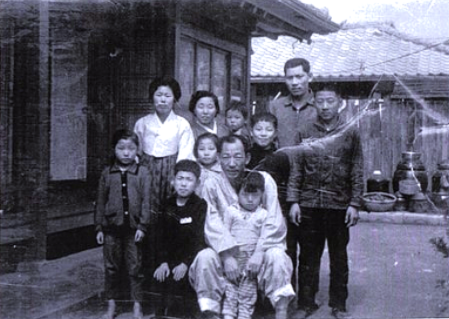
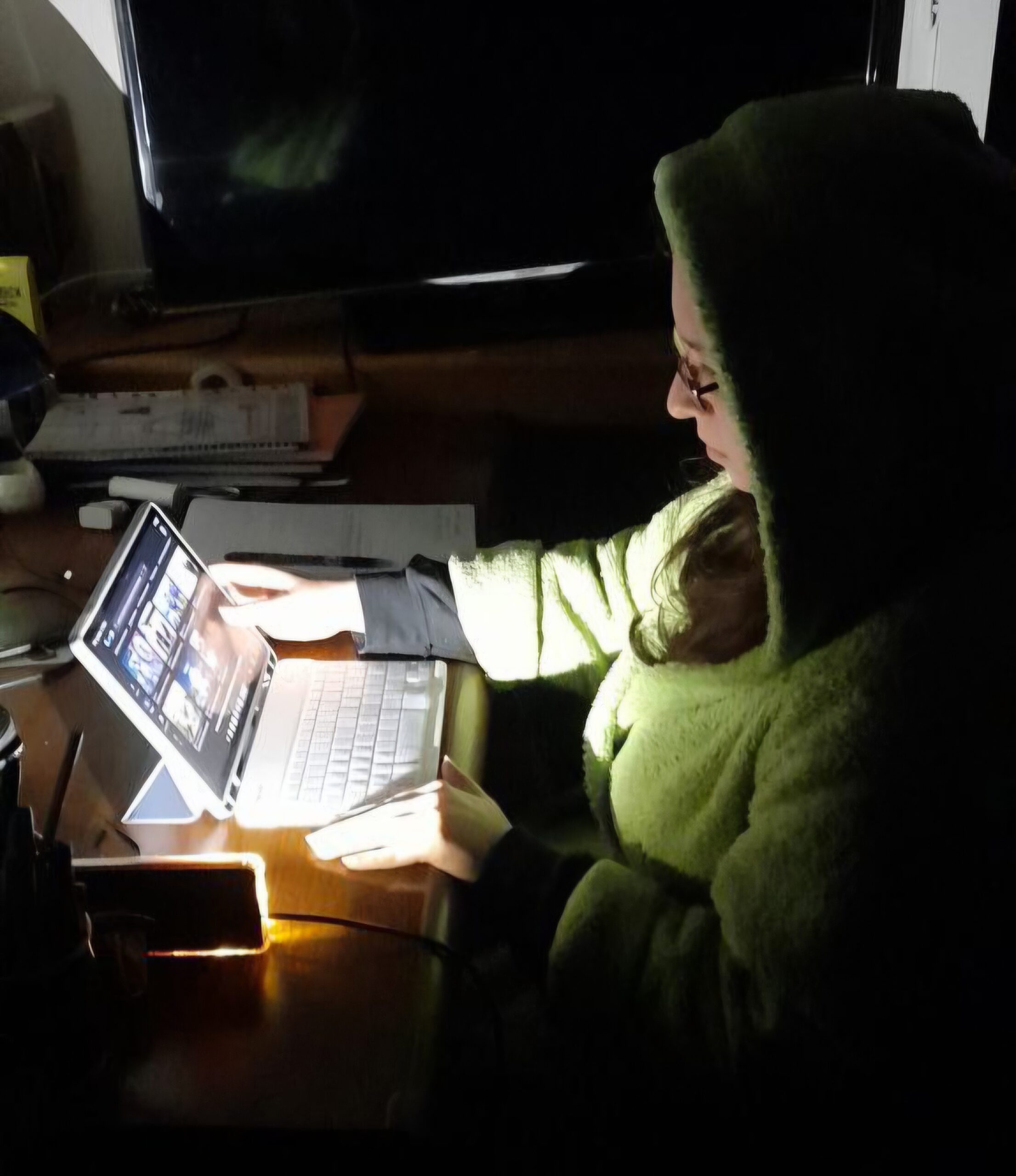
By Yousra Feriel Drioua || In a country where education is often defined by numbers, Dalkkum Art School in Seoul operates on a different premise. Founded in 2018 in Seoul’s … Read More
By Muhammad Umar Tahir || I did not realize how important the Korean language was until a bus driver at Incheon Airport looked at me, spoke rapidly in Korean, and … Read More
By Park Yeonju || In July of 2025, I left for Weihai in Shandong Province of China to study Chinese. On a day when the hot sunlight beat down, I … Read More
By Bianca Hill I moved from South Africa to South Korea in February 2025. Over the last ten months, I have met all manner of expat here. From first-time visitors, … Read More
By Yuri Kim and Madeline Miller You can see countless academies, especially for math and English, while you are living in South Korea. According to the Korean Education Statistics Service, … Read More
By Saqib Sharif Yes, you read that right – nearly 80 percent of the children at Munheung Elementary School’s kindergarten in Gwangju are from foreign families. This small government-run kindergarten … Read More
By Murdock O’ Mooney and Kuamah Lee Travel writer Paul Theroux once told The Atlantic in an interview, “My advice to any young person who wants to write is ‘Leave … Read More
By Yun Seongsuk South Korea continues to face challenges balancing work and family life, particularly childcare before and after school. To address this, the Ministry of Education launched the Neulbom … Read More